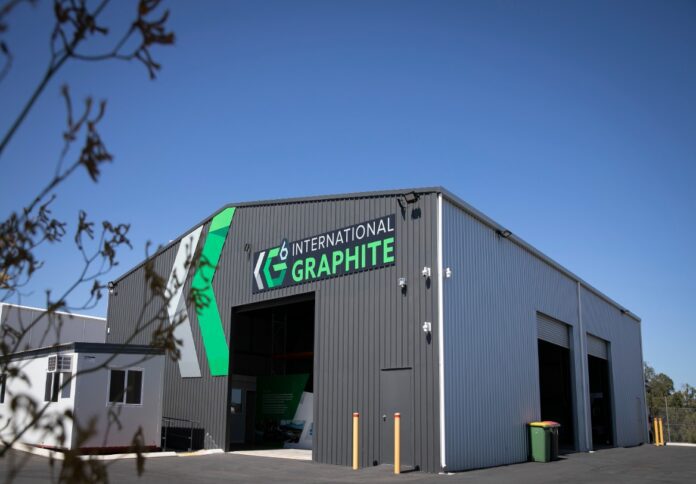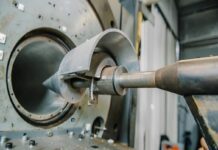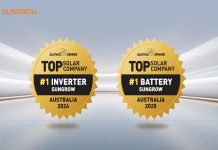
International Graphite, based in Western Australia, announced the launch of its new graphite micronising plant in Collie, south of Perth, to bolster Australia’s battery minerals sector.
The newly operational qualification-scale microniser, boasting a capacity of 200 tonnes per annum, stands as the largest of its kind in Australia.
This achievement marks a pivotal moment in the evolution of Australia’s domestic graphite industry, as it will be the first facility in the country to produce graphite products for customer acceptance testing.
This plant serves as a precursor to a planned 4,000 tonnes per annum commercial micronising facility, slated to commence operations within 18 months.
With an estimated investment of approximately $12.5 million, construction of the plant could receive approval as early as mid-year.
Embracing a standalone micronising venture represents an innovative approach for the aspiring graphite producer.
The ultimate objective is to produce advanced battery anode materials at Collie, leveraging the company’s 100 per cent-owned Springdale Graphite Project near Hopetoun in Western Australia.
The establishment of a fully integrated graphite supply chain from Western Australia is poised to be among the first of its kind in the Western world.
Micronising operations will enable the company to cultivate a customer base, accrue operational experience, explore markets for future by-products, and generate cash flow.
The plan has already garnered interest from potential customers and financial partners in Australia, Japan, Korea, and North America.
Andrew Worland, managing director and CEO, emphasised the strategic significance of breaking into the micronised graphite market as a crucial step in advancing the Springdale – Collie mine-to-market strategy.
“Demand for batteries will continue to grow. There are already more than 240 battery gigafactories operating worldwide, and up to 400 expected to open by 2030. All of them will need a secure source of graphite materials,” stated Worland.
The company’s strategy has received backing from both the Western Australian Government, which views early micronising as pivotal in Collie’s economic transition from coal, and the Australian Government, recognising the critical role graphite plays in the battery minerals landscape.
Combined, they have contributed $6.7 million in grant funding to International Graphite.
The initiative is anticipated to create over 100 jobs at Springdale and Collie, fostering economic growth in the region.
Micronised graphite finds application in various industrial products, including lubricants, polymers, plastics, ceramics, lightweight structural materials, and fire-resistant building materials.
Moreover, it serves as a crucial conductive additive in lithium-ion battery cathodes and represents the initial stage in the production of graphite anode material for battery-powered technologies, particularly electric vehicles and green energy storage.
According to International Graphite, with nearly 90 per cent of the world’s processed graphite originating from China, recent export restrictions have underscored the urgency for diversifying future supply chains.
Graphite undergoes several downstream processes to become battery anode material, including micronisation to reduce particle size, spheroidisation, purification, and coating to enhance conductivity.




















